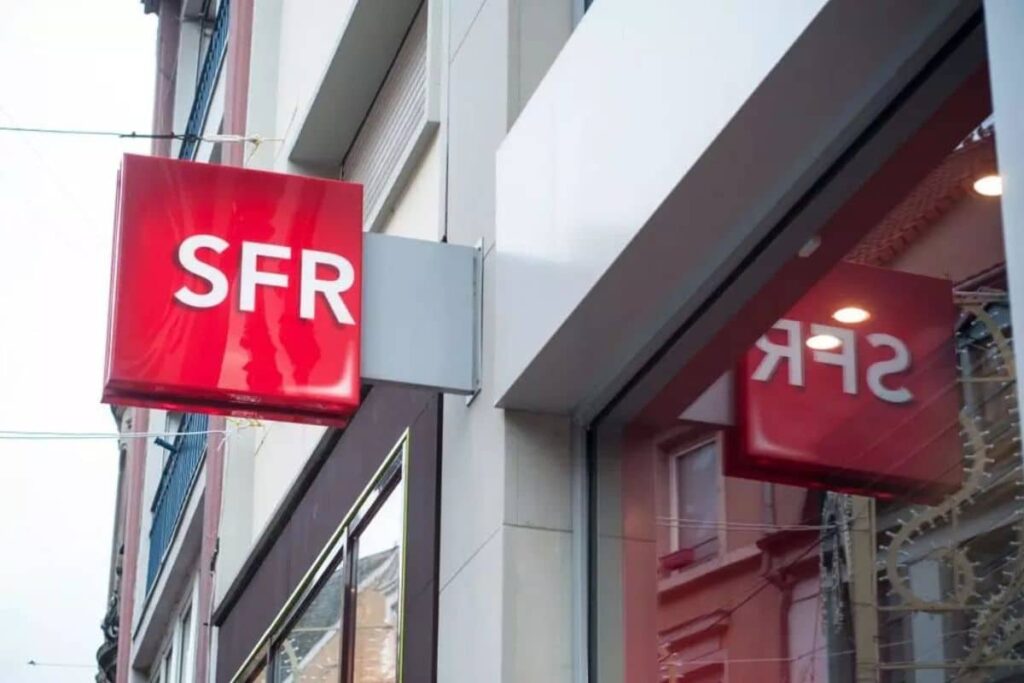Eggs Are Becoming Scarce on Shelves. This phenomenon has caught the attention of regular consumers.
Is an Egg Shortage Imminent in France?
Should we be concerned? Many have pointed out what seems to be an anomaly. Eggs are increasingly rare on store shelves. This situation is reminiscent of what American customers are currently experiencing, who are complaining about the gradual disappearance of eggs and skyrocketing prices across the Atlantic. Should we expect a similar situation in France?

In light of consumer concerns, farmers are keen to provide reassurance. The scarcity of eggs is easily explainable; it is primarily due to a rise in consumption. Indeed, with rising prices for meat and fish, the French are turning to a more affordable alternative that offers similar nutritional value. Inexpensive, eggs emerge as the ideal choice.
As a result, the average egg consumption reached 224 eggs per person in 2024, which is 24 more than in 2004. This surge in demand has proven challenging for farmers to meet at the current time. Moreover, hens lay fewer eggs when sunlight decreases and days become shorter. It is therefore natural for egg production to experience a slight decline during this time of year. Hens will begin to lay more once spring arrives.
Reasons for a Temporary Decline in Production
In the United States, avian flu is responsible for the ongoing shortage. While the phenomenon is less pronounced in France, farmers remain vigilant. Some are directly impacted by the virus. “It comes from the avian flu, which has caused us breeding problems, along with salmonella, due to mandatory controls. When we find the disease, we have to cull the hens immediately, even the young ones that haven’t laid any eggs yet,” explains one farmer in d’Ici Belfort.


Responsible for a significant decline in production since 2022, the avian flu has caused an 8% reduction in France. This amounts to 1.2 billion fewer eggs on the market. These unpleasant consequences are what farmers aim to mitigate in the upcoming years. “We have a goal of launching 300 new farms in the next few years,” explains a union representative cited in La Dépêche.
Finally, eggs are becoming scarce because consumers are becoming more discerning. Gone are the days of battery-farmed eggs; they are now favoring free-range eggs. This designation requires certain sacrifices. Thus, it is difficult “to increase production as much as we would like,” emphasizes the union representative. However, experts reassure us: it is unlikely this situation will lead to a price increase. The current scarcity is expected to resolve itself in a few months.







